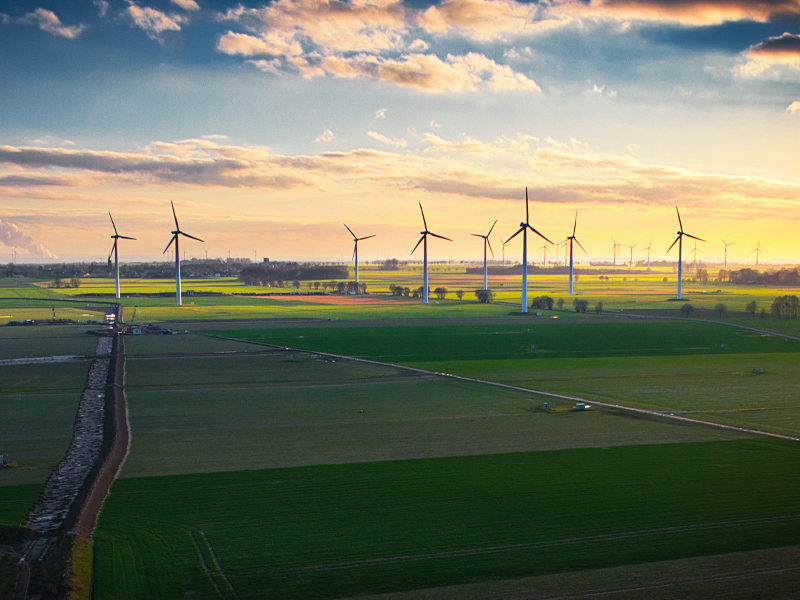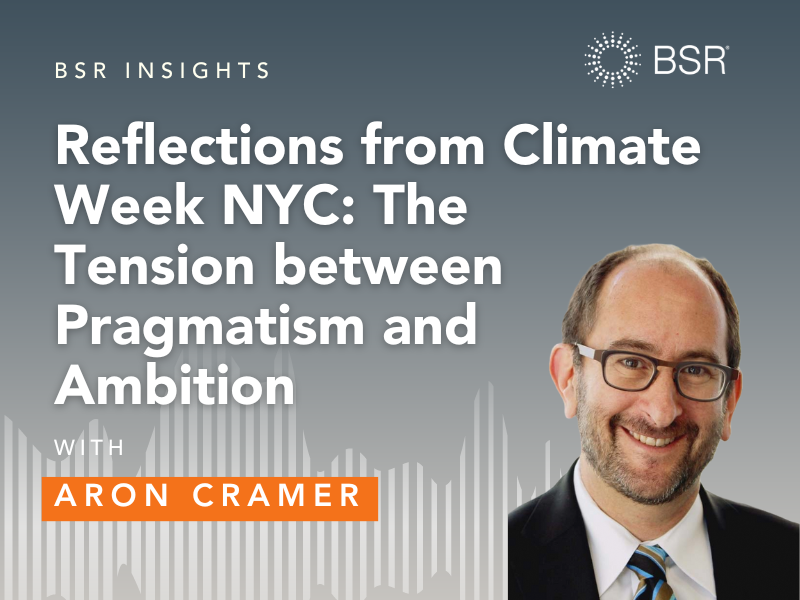Published jointly by BSR and the University of Cambridge Institute for Sustainability Leadership and Judge Business School, with support from the European Climate Foundation, the report is one in a 13-part series that translates the IPCC assessments for business leaders and also part of BSR's Business in a Climate-Constrained World initiative.
Findings include:
- Physical impacts of climate change on primary industries are likely to include damage to infrastructure and industrial capital assets, and could reduce availability of renewable natural resources, including water.
- Total greenhouse gas emissions (GHG) from industry almost doubled between 1970 and 2010.
- Most sector scenarios project that global demand for industrial products will increase by 45 to 60 percent by 2050, relative to 2010 production levels. Rising demand for products used to reduce GHG emissions and to adapt to climate impacts could, perversely, create pressures to increase industrial emissions.
- An absolute reduction in GHG emissions will require implementation of a broad range of mitigation strategies. Opportunities for mitigation include both production-related strategies, geared toward improving industrial process efficiencies, and demand-related strategies focused on reducing the overall use of product material.
The report also outlines production- and demand-related strategies for each industry to address climate risks and opportunities, and it highlights unique challenges in particular regions—including Africa, Asia, India, Latin America, the Middle East, and certain transitional economies such as Azerbaijan and the Ukraine—nd the influence of trade on production decisions.
A Spanish-language translation is available for download here.
Let’s talk about how BSR can help you to transform your business and achieve your sustainability goals.








